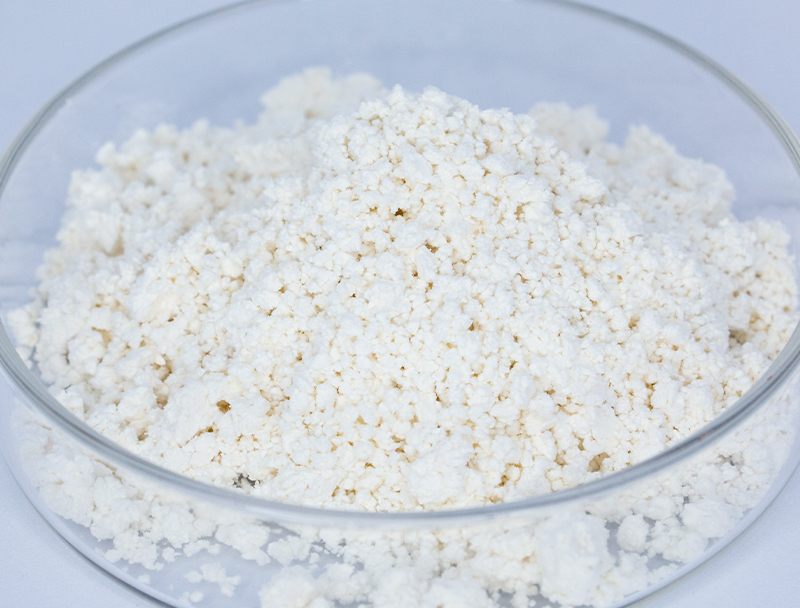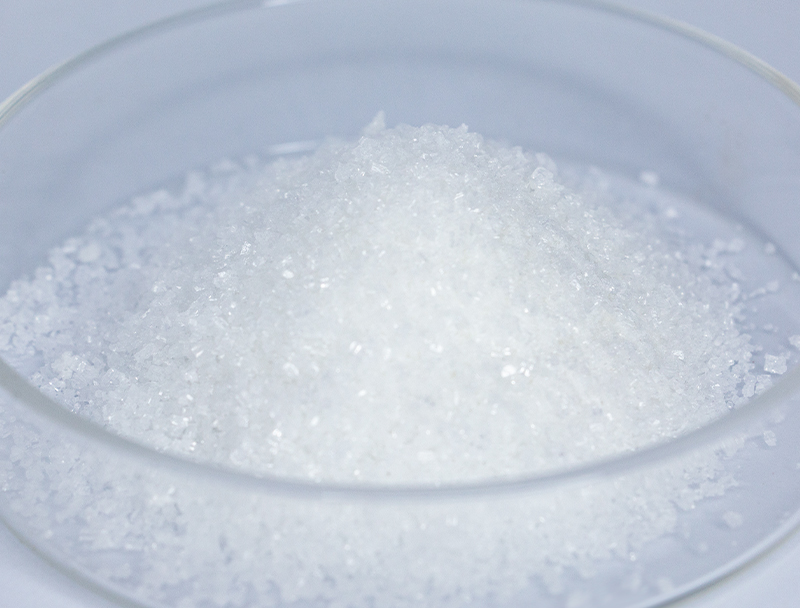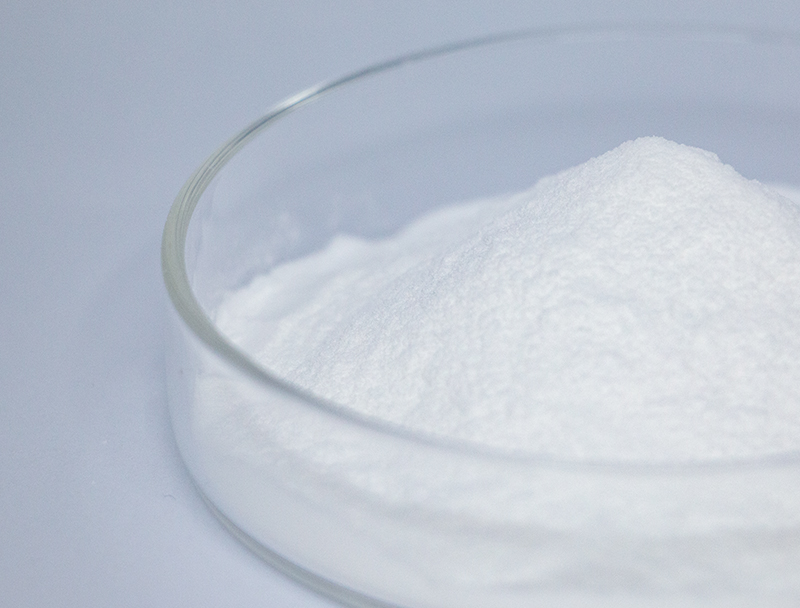
Industrial biosynthesis counts extensively on a plentiful suite of raw materials to manufacture advanced biological products.
Ensuring the sustainable sourcing of these resources dictates persistent stability and principled industry advancement.
several issues arising from typical material sourcing for example habitat harm and overextraction of resources. Hence, industry players ought to pursue innovative supply solutions to lower carbon burdens.
- Cases of responsible feedstock strategies feature:
- Adopting organic-origin materials from crop remnants
- Applying zero-waste frameworks to limit waste and optimize resource use
- Teaming up with provincial partners who practice sustainable procurement
Moving toward responsible sourcing creates ecological improvements and economic resilience.
Tuning Feedstock Characteristics for Higher Biofuel Efficiency
Boosting conversion rates requires high-quality and well-characterized biomass. Research teams persist in studying techniques to boost feedstock performance, creating higher productivity and an eco-friendlier fuel landscape. Programs combine genetic improvement for biomass productivity with conversion technologies to access fermentable substrates.
- Additionally, researchers are focusing on identifying new sources of biomass, such as algae, waste products, agricultural residues, to expand the range of sustainable feedstocks available for biofuel production.
- By means of ongoing innovation the biofuel sector can achieve substantial advances soon, shaping a cleaner energy future.

Biopharmaceutical Manufacturing: Advancements in Upstream Processing
covers the early phases of biopharma production including culturing and biological harvesting Current advancements have streamlined operations and improved bioproduct yields.
Pivotal enhancements embrace high-performance cell lines, balanced media compositions, and intelligent reactor control systems. These refinements escalate production and lower expenses and environmental strain.
- Similarly, continuous process trends grant superior flexibility and refined control across production stages.
- Embracing sophisticated manufacturing strategies is poised to change industry norms and shorten development cycles.

Precision Genomic Tools Enhancing Biopharmaceutical Yields
innovations in genome-editing toolsets have enhanced biopharmaceutical manufacturing. Through controlled genetic modifications, practitioners increase therapeutic protein production. This capability can unlock development of cost-efficient, high-performance biologics for many conditions.
Microbial Solutions for Greener Bioremediation Practices
state-of-the-art biological cleanup solutions using targeted microbial actions. Microbial species can metabolize and convert hazardous compounds into benign byproducts.. Using microbial biotechnology enables remediation strategies that balance effectiveness with ecological protection. Study groups probe microbial metabolic diversity to tackle metals, persistent pesticides, and hydrocarbon spills.. These microbes operate in engineered systems or direct environmental applications to metabolize and remove contaminants.
Microbial-based approaches to remediation bring considerable advantages over traditional solutions. Such strategies are budget-friendly and lessen the creation of harmful byproducts. Additionally, microbial tactics can target contaminants selectively while preserving surrounding ecological systems. Work in this area evolves rapidly to optimize the success rates and scalability of bioremediation solutions.
Data-Driven Approaches for Therapeutic Development
Bioinformatics techniques are integral to present-day therapeutic development workflows. From identifying potential drug candidates to optimizing their efficacy and safety, bioinformatics enables a more efficient and data-driven approach.
- By analyzing vast datasets of genomic, proteomic, and clinical data, bioinformaticians can uncover novel drug targets and predict the activity of potential therapeutics.
- Moreover, bioinformatics contributes to drug design by simulating the interactions between drugs and their targets, ultimately leading to the development of more effective drugs.
- To conclude, computational approaches are revolutionizing discovery and reducing time-to-patient for effective drugs.
Fine-Tuning Metabolism to Maximize Bioproduct Synthesis
employs a variety of strategies to augment the synthesis of valuable bioproducts within microorganisms. Programs use genetic redesign of metabolic networks, dynamic regulation of expression, and addition of heterologous genes to unlock new capabilities. By calibrating pathway dynamics and expression levels teams can greatly amplify bioproduct yields.
Such holistic engineering could impact many areas including medical therapeutics, agricultural outputs, and biofuel production.

Challenges and Opportunities in Scaling Up Biopharmaceutical Production
Moving from bench to commercial scale creates complex challenges and valuable opportunities. Sustaining uniform quality across expanded production capacity is a principal challenge. Tackling it demands tightly integrated control systems, precise surveillance, and state-of-the-art analytics.

The multi-faceted nature of production steps adds complexity to scaling efforts. Optimizing these processes for large-scale production can be a complex undertaking, requiring extensive research and technological innovation.. Despite challenges, the benefits may be considerable. Skilled scaling can enlarge supply, lower prices, and increase profit potential.
A series of measures are underway to confront these obstacles. Efforts include process-digitization tools, integrated analytics for monitoring, and fresh manufacturing paradigms.
- Ongoing innovation drives improvements in industrial production capability.
- Regulators are adapting frameworks to speed authorization of novel manufacturing approaches and spur innovation.
Navigating the Regulatory Landscape for Biopharmaceuticals: Ensuring Safety and Efficacy
Developing biologic treatments requires exacting oversight to ensure consistent safety and efficacy. Biologic therapeutics bring unique regulatory and manufacturing demands unlike traditional pharmaceuticals.
Regulators such as the FDA and EMA define authorization pathways and quality standards for new biologic medicines..
Rigorous testing protocols are mandatory throughout the development lifecycle, from pre-clinical research to post-market surveillance.. Such safeguards are intended to detect hazards and ensure therapeutics adhere to top-tier safety benchmarks..
Moreover, oversight agencies continually refine approaches to align with accelerating scientific progress in therapeutics.. Actions include accepting new technologies and streamlining development channels while safeguarding patient health.

Plant-Origin Feedstocks in the Production of Bioplastics
Increasing interest in sustainable materials spurs innovation in renewable resource development. Plant-based bioplastics made from biomass feedstocks present a hopeful path to reduced plastic impact. Plant-based biomass resources such as cornstarch, cellulose, sugarcane can be processed into biodegradable plastics that degrade naturally, minimizing the environmental impact of conventional plastics.
Also, many renewable bioplastics exhibit comparable mechanical and functional traits to conventional plastics across applications.. Ongoing studies and technology development are vital to exploit plant feedstocks for bioplastics and foster a circular economy.
Biotech's Role in Improving Global Health and Agricultural Resilience
Biotech innovations hold promise to dramatically impact health and the reliability of food systems. Via genetic modification, synthetic design, and therapeutic cell technologies, researchers build solutions to control infections, increase crop productivity, and enrich food quality.. For instance, genetically modified crops can be engineered to resist pests and environmental stresses, leading to increased agricultural production and reduced reliance on harmful pesticides.. Likewise, biotechnology enables new vaccines, novel therapeutics, and improved diagnostics essential to global disease mitigation L-arginine-α-ketoglutaric acid and better health.. Continued scientific progress suggests biotechnology will increasingly underpin healthier, more sustainable societies worldwide.
